Paramecium: Genetics and Epigenetics
Original price was: ₹12,924.00.₹10,339.20Current price is: ₹10,339.20.
ISBN: 9780415257855
Author/Editor: Geoffrey Beale
Publisher: CRC Press
Year: 2008
1 in stock (can be backordered)
Description
The techniques used to decipher the genetic makeup of species as well as epigenetic mechanisms are essential for explaining life forms and studying their DNA. As a eukaryotic model, Paramecium is well suited for genetic analysis. Taking a rather unconventional view of genetics, Paramecium: Genetics and Epigenetics explores how to use this protozoan as a basis for studying complex cells. The book discusses various aspects of Paramecium, including the cortex, the cytoplasm, nuclei, asexual fission, conjugation, autogamy,macronuclear regeneration, cytogamy, life cycle phases, and behavior. It examines the assorted mating types of the genus and how these mating types are determined. It also elucidates some techniques that identify genetically defined genes with the DNA from a library that comprises those genes and details the genetic, epigenetic, chemical, and molecular facets of several different traits. In addition, the authors chronicle the history and reemergence of investigating RNA and DNA in Paramecium.
With many powerful tools now available, Paramecium research is entering a new frontier in molecular biology. A full account of Paramecium genetics, this book presents a wealth of time-consuming observations and remarkable phenomena that will lead to a better understanding of complex cells.
Additional information
| Weight | 0.499 kg |
|---|
Product Properties
| Year of Publication | 2008 |
|---|---|
| Table of Contents | Foreword Introduction Introduction Genetics Paramecium The Early Workers Discarded Hypotheses Epigenetics Conclusions Mating Types in Paramecium Mating Types and the Species Problem in Ciliates General Description of the Protista and Paramecium Introduction Morphology Reproduction The Life Cycle Methods of Studying Genetic Processes in Organisms of the Paramecium aurelia Species Group Isolation of Cells and Preparation of Pure Clones Obtaining Complementary Mating Types Mendelian Transmission Caryonidal Transmission Cytoplasmic Transmission Methods of Identifying Genetically Defined Genes with Their DNA The Determination of Mating Types in Paramecium Introduction Caryonidal Inheritance The Cytoplasmic Effect Independence of the Cytoplasmic Effect and the Phenotype The O* Phenotype: A New Cytoplasmic State The Pure E Mutant Micronuclear Determination Selfers Mating Types in Species Other Than Those in the P. aurelia Complex A Hypothesis to Explain Mating Type Inheritance Symbionts and Mitochondria of Paramecium Introduction The Plasmagene Hypothesis The Kinds of Symbionts The Metagon Mitochondria Conclusions Determination of I-Antigens Introduction The Immobilization Test and Serotypes The Genetic System of I-Antigens Chemistry and Molecular Biology of I-Antigens Control of Expression of I-Antigen Genes Conclusions Ploidy Levels Activity of Micronuclei and Macronuclei Programmed Chromosomal Breaks and Telomeres Internal Eliminated Sequences Induced Mendelian Deletions Maintaining Genic Balance at Macronuclear Division The Paramecium Genome Project Nuclear Dualism Ribosomal RNA and DNA The Early Work of Findly and Gall More Recent Studies Micronuclear DNA and a Model Variants Cortical Morphogenesis Double Animals Cortical Mutants Trichocysts Behavior Introduction Mutants Genetics Cell Models Measuring the Electric Properties of the Cell Membrane The Avoiding Reaction Ion Channels Behavioral Responses Other Than the Avoiding Reaction Conclusions Epigenetics Symbionts and Mitochondria Serotype Inheritance Mating Type Inheritance Cortical Inheritance Homology-Dependent Inheritance Conclusions Index References appear at the end of each chapter. |
| Author | Geoffrey Beale |
| ISBN/ISSN | 9780415257855 |
| Binding | Hardback |
| Edition | 1 |
| Publisher | CRC Press |
You must be logged in to post a review.

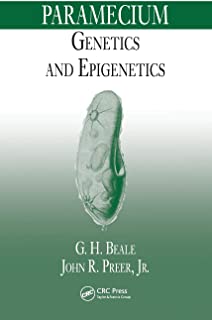
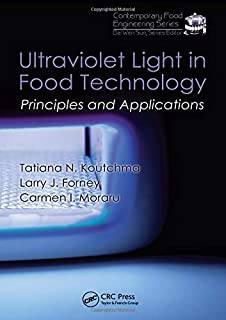
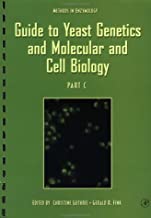
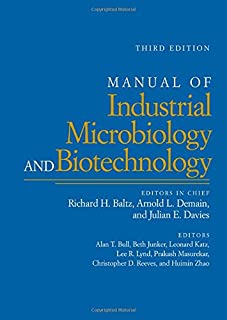
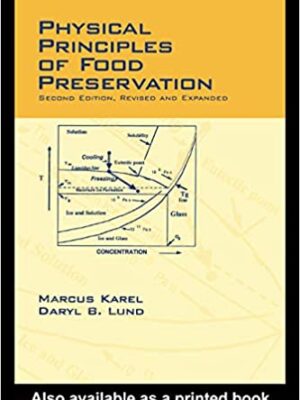
Reviews
There are no reviews yet.